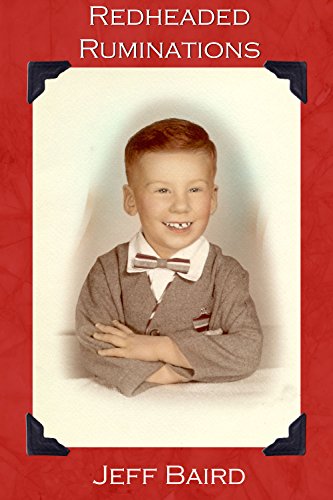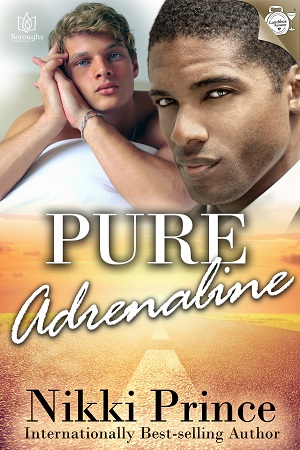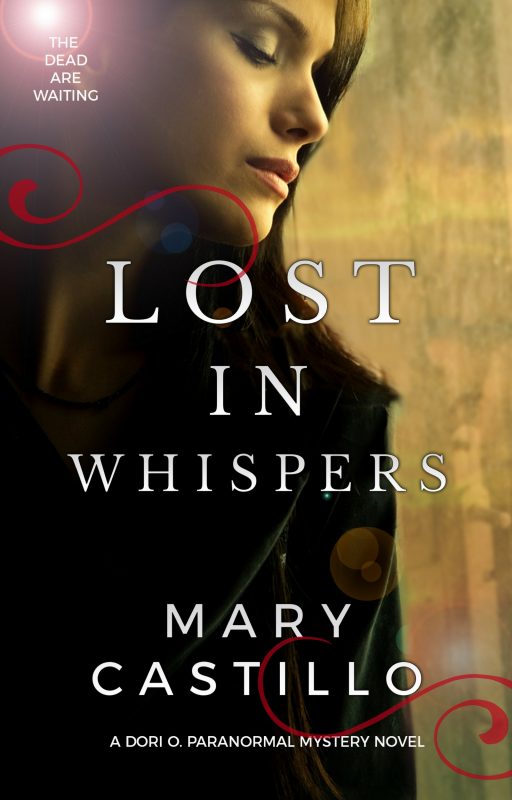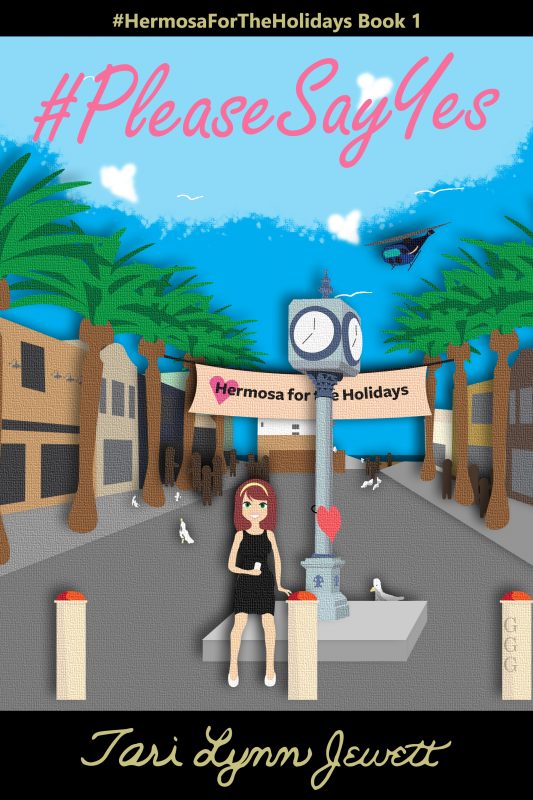
You’ve been there. Writing as fast as you can type, scared that you won’t be able to get all that fantastic dialogue currently flooding your mind, down on the paper before it slips away. You are IN THE ZONE.
I remember a summer day when I was writing in my dining room, every word an effort, the scene falling flat. I’d been at it for hours. I kept thinking, “If I just sit here and keep working it will come.” Eventually, I got up, went into the kitchen and began washing dishes. That’s when I saw him. He darted around the corner. Then I heard him speaking in my mind, as clear as if he was standing next to me. I dried my hands and returned to write one of the best chapters I’ve ever created, personally dictated to me, by a wonderful little boy—my protagonist.
But how do I get into the zone reliably, every day?
Truthfully, I don’t get in the zone every day. But I do get there often. Here are my two best strategies.
First, I speak—out loud—with the voice of my character. When my character is sad, I cry. When she is angry, I rage at full volume. When she is lonely, I ache. When she is afraid, I run for my life—literally. I run through the house, up the stairs, and hide in the closet. I feel what my character feels, I do—as much as possible—what my character would do. I become her.
Once I woke in the night. Earlier that day I had been crafting a short story about a young woman who was hunted by a demon. As I typed the scene I had just dreamed, I began to see moving shadows in the dark room. I hadn’t turned on any lights because I didn’t want to wake my husband. As I worked, the fear within me built to such a level that my trembling fingers kept typing the wrong letters. When I finally got the last words down, I hurriedly fled back to bed and woke my husband. “Tell me it’s not real,” I said. He put his arms around me. “Have you been writing again?”
When the zone happens, I typically write in first person regardless of the POV the story eventually will have. I do this to capture the character and the emotions I am feeling. Once down on the page I can easily shift into another POV.
My second technique is music—and dancing. I deliberately chose a piece of music to play when I begin a new story. Whenever I open that file on my computer, I also play the music. This helps me ground myself in the world of my character. However, music alone is typically not enough to get me in the zone. I must also dance—the wilder the better.
Happy Writing!
Kidd Wadsworth
- Author Bio
- Recent Posts
- Books
-
November 25, 2024
The Lyrical Language Lab is having a Rhyming Poetry Contest for kidlit.
-
September 25, 2024
I decided to enter the KidLit Chuckle Challenge. I had 200 words to make someone laugh. In addition, I was required to use two of the six writing prompts given. I chose ‘Avocado the Penguin’ and ‘Broccoli.’ My entry is below. The italicized illustration note does count toward the total 200 words.
-
-
July 25, 2024
Obsession is my natural state.
As an undergraduate in Electrical Engineering at Texas A&M University, I was required to take a Mechanical Engineering course where we analyzed the forces in a truss.
-
June 25, 2024
I love poetry. I relish language that paints a picture in my head, leaves a song in my heart and gently touches my soul. But how do I incorporate poetic methods into my writing? And more importantly, how do I train my ear?

Related
Affiliate Links
A Slice of Orange is an affiliate with some of the booksellers listed on this website, including Barnes & Nobel, Books A Million, iBooks, Kobo, and Smashwords. This means A Slice of Orange may earn a small advertising fee from sales made through the links used on this website. There are reminders of these affiliate links on the pages for individual books.
Search A Slice of Orange
Find a Column
Archives
Featured Books
#PLEASE SAY YES (#HermosafortheHolidays Book 1)
So, you think social media has taken over YOUR life?
More info →Newsletter
Contributing Authors
Search A Slice of Orange
Find a Column
Archives
Authors in the Bookstore
- A. E. Decker
- A. J. Scudiere
- A.J. Sidransky
- Abby Collette
- Alanna Lucus
- Albert Marrin
- Alice Duncan
- Alina K. Field
- Alison Green Myers
- Andi Lawrencovna
- Andrew C Raiford
- Angela Pryce
- Aviva Vaughn
- Barbara Ankrum
- Bethlehem Writers Group, LLC
- Carol L. Wright
- Celeste Barclay
- Christina Alexandra
- Christopher D. Ochs
- Claire Davon
- Claire Naden
- Courtnee Turner Hoyle
- Courtney Annicchiarico
- D. Lieber
- Daniel V. Meier Jr.
- Debra Dixon
- Debra H. Goldstein
- Debra Holland
- Dee Ann Palmer
- Denise M. Colby
- Diane Benefiel
- Diane Sismour
- Dianna Sinovic
- DT Krippene
- E.B. Dawson
- Emilie Dallaire
- Emily Brightwell
- Emily PW Murphy
- Fae Rowen
- Faith L. Justice
- Frances Amati
- Geralyn Corcillo
- Glynnis Campbell
- Greg Jolley
- H. O. Charles
- Jaclyn Roché
- Jacqueline Diamond
- Janet Lynn and Will Zeilinger
- Jaya Mehta
- Jeff Baird
- Jenna Barwin
- Jenne Kern
- Jennifer D. Bokal
- Jennifer Lyon
- Jerome W. McFadden
- Jill Piscitello
- Jina Bacarr
- Jo A. Hiestand
- Jodi Bogert
- Jolina Petersheim
- Jonathan Maberry
- Joy Allyson
- Judy Duarte
- Justin Murphy
- Justine Davis
- Kat Martin
- Kidd Wadsworth
- Kitty Bucholtz
- Kristy Tate
- Larry Deibert
- Larry Hamilton
- Laura Drake
- Laurie Stevens
- Leslie Knowles
- Li-Ying Lundquist
- Linda Carroll-Bradd
- Linda Lappin
- Linda McLaughlin
- Linda O. Johnston
- Lisa Preston
- Lolo Paige
- Loran Holt
- Lynette M. Burrows
- Lyssa Kay Adams
- Madeline Ash
- Margarita Engle
- Marguerite Quantaine
- Marianne H. Donley
- Mary Castillo
- Maureen Klovers
- Megan Haskell
- Melanie Waterbury
- Melisa Rivero
- Melissa Chambers
- Melodie Winawer
- Meriam Wilhelm
- Mikel J. Wilson
- Mindy Neff
- Monica McCabe
- Nancy Brashear
- Neetu Malik
- Nikki Prince
- Once Upon Anthologies
- Paula Gail Benson
- Penny Reid
- Peter Barbour
- Priscilla Oliveras
- R. H. Kohno
- Rachel Hailey
- Ralph Hieb
- Ramcy Diek
- Ransom Stephens
- Rebecca Forster
- Renae Wrich
- Roxy Matthews
- Ryder Hunte Clancy
- Sally Paradysz
- Sheila Colón-Bagley
- Simone de Muñoz
- Sophie Barnes
- Susan Kaye Quinn
- Susan Lynn Meyer
- Susan Squires
- T. D. Fox
- Tara C. Allred
- Tara Lain
- Tari Lynn Jewett
- Terri Osburn
- Tracy Reed
- Vera Jane Cook
- Vicki Crum
- Writing Something Romantic
Affiliate Links
A Slice of Orange is an affiliate with some of the booksellers listed on this website, including Barnes & Nobel, Books A Million, iBooks, Kobo, and Smashwords. This means A Slice of Orange may earn a small advertising fee from sales made through the links used on this website. There are reminders of these affiliate links on the pages for individual books.

























































Great article, Kidd. Really enjoyed it!
Thanks, Veronica!